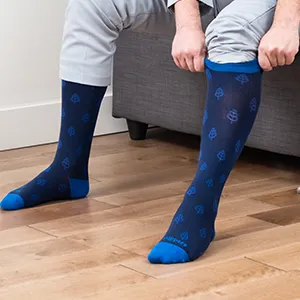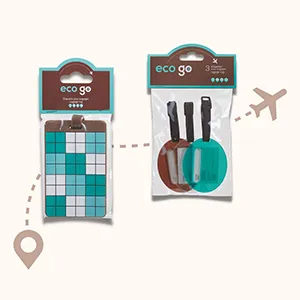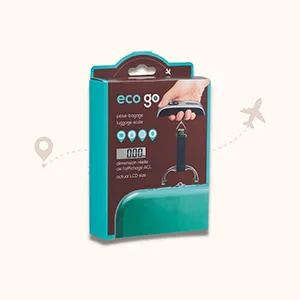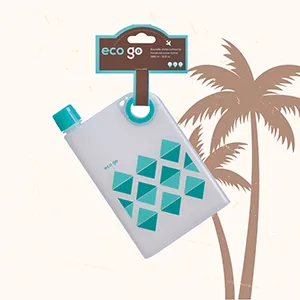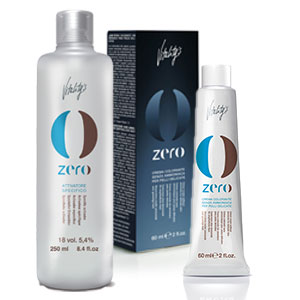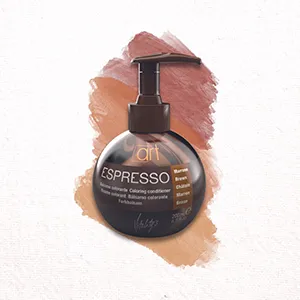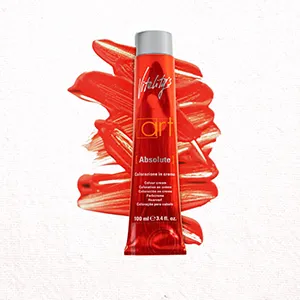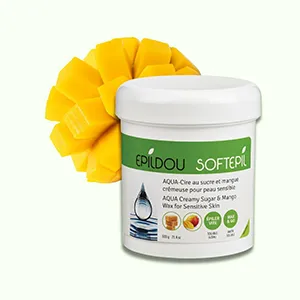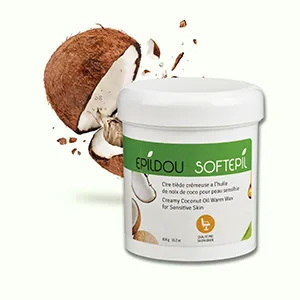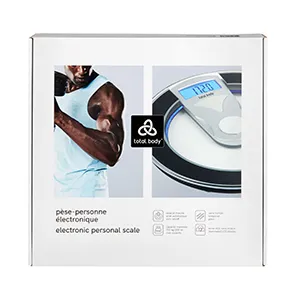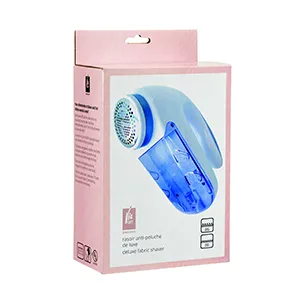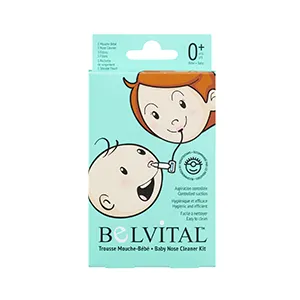May 22, 2022 10 Post-Run Recovery Tips
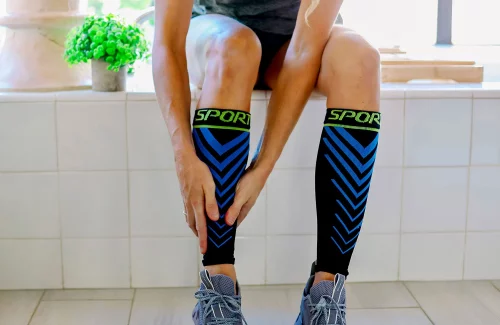
Hitting the pavement or trail running can take a real toll on your body. Regardless if you are running five kilometres or twenty-one, what you do after your workout is just as important as how you warm up beforehand. Having a proper post-run recovery plan can help you prevent injuries and improve running performance. Here are 10 tips for your post-run recovery.
#1: Cool down properly after running
Cooling down after any intense activity allows your body to return to “normal.” Even if it’s cold outside, cooling down for 10 minutes is recommended. This helps bring your heart rate down gradually and slow breathing, redistributes blood flow, dissipates metabolites from muscles, and prevents post-run soreness. When you finish your run, walk for about one kilometre or 10 minutes. Remember, the key is not to stop abruptly but rather progressively cool down. In addition, light stretching, yoga, or a low-intensity walk can also be beneficial after a hard run.
#2: Stretch it out after running
After you have finished your cardio cooldown, doing a few light static stretches prevents muscles from tightening up. You want to focus on your hamstrings, quads, calves, and hips. Hold each stretch for about 15 to 20 seconds. As muscles are nice and warm after running, this is really an ideal time to stretch. But be gentle, especially after a long run of 90 minutes or more so as not to damage or tear muscles. However, adding a few minutes of targeted stretching can really help you feel fit the next day as opposed to sore and cramped.
#3: Use a foam roller or get a massage
After an intense workout, a massage will not only feel good but also help relieve sore and tense muscles, prevent injury, and increase your range of motion. If you would rather go the self-massage route, try using a foam roller on your calves, thighs, and lower and upper back. In fact, foam rolling is a great tool to target key areas. If you have never used a foam roller before, start by placing the roller under soft tissue. You should avoid rolling over bones and joints. Then work from the centre of your body out towards your extremities. Roll each section a few times but do not overdo it. Stop rolling once muscles start to relax. And remember, it is normal to feel a bit of discomfort at first.
#4: Recharge with a post-run snack or meal
Your post-run nutrition plays an important role in how fast your body will recover. Do not wait too long to refuel after running; you should aim to eat within about 30 minutes as your muscles will be most receptive to rebuilding glycogen. And your meal or snack should include a ratio of 3:1 carbs to proteins. For example, Greek yogurt with fruit is a fast and healthy snack. Or try a smoothie with protein powder. And remember to hydrate throughout the day!
#5: Change out of your wet clothes right away
Even on a hot summer day, wet clothes can cause you to cool down too quickly. It is best to change out of your sweaty gear as quickly as possible and put on dry clothes. This also helps to keep muscle warm, which promotes blood flow and helps recovery. Did you know that good blow circulation brings much-needed nutrients to muscles and helps remove waste? So, make sure to have a comfy pair of sweatpants and a sweatshirt waiting for you when you get home from your run.
#6: Keep your hot showers short
Hot showers feel great, especially on cold days, but they use up a lot of your energy for the rest of the day. If you run in the mornings, keep your showers short. And to feel invigorated and ready to tackle your day, try ending your shower with a quick burst of cold water.
#7: Take an ice bath
Speaking of icy water, an ice bath is another popular practice with many professional and amateur athletes alike. Taking an ice bath after trail running or a long run in the city can be an excellent way to heal soreness and inflammation. But if just thinking about submerging yourself in an ice bath has you cranking up the thermometer, opt for ice packs instead. Wrap ice packs in towels to avoid placing them directly on the skin, or opt for a Sport Gel wrap designed specifically for this purpose. Then apply to areas prone to getting sore such as quads and knees.
#8: Make sure you get enough Z’s
Sleep packs a serious punch when it comes to recovery. Getting enough sleep gives your body the rest it needs to bounce back after a long run. You should be averaging eight hours of sleep per night or more. However, if you are having a hard time getting in a good night of rest, try changing up your bedtime routine. Sometimes, this simply means cutting back on screen time or other small changes. And do not forget the magic power of napping. A 15- to 20-minute nap can help also speed up your recovery.
#9: Have a good training plan that includes rest days
Having a good balance between intense training days and easy days or rest days is important. Regardless of how many days per week you run, you should alternate between hard days and one to two easy days. This will give your body time to recover. And make sure “easy” days really are easy. Moreover, consider mixing up your activities. On days off from running, try low-impact activities such as strength training, biking, swimming, yoga, and so on.
Discover the benefits of compression socks for running and for your post-run recovery
Chances are you have seen both professional and amateur athletes wearing compression socks or sleeves recently. And if you ask runners or athletes about compression wear, they are usually quick to list its many benefits: increased performance, faster post-workout recovery, injury prevention, and so on. Compression socks do provide various benefits for runners, the most common being :
• Improved blood circulation
• Reduced muscle soreness
• Reduced swelling and inflammation
• Quicker recovery times
To learn more about how compression socks can benefit you both during and after your workout, read our blog post here.
There are many ways you can amp up your post-run recovery. Remember to cool down properly after your run, stretch, stay hydrated, eat a healthy diet, and get plenty of sleep, among others. And to help reduce muscles soreness, improve blood flow, and speed up recovery times, try Supporo’s stylish sports compression socks.




